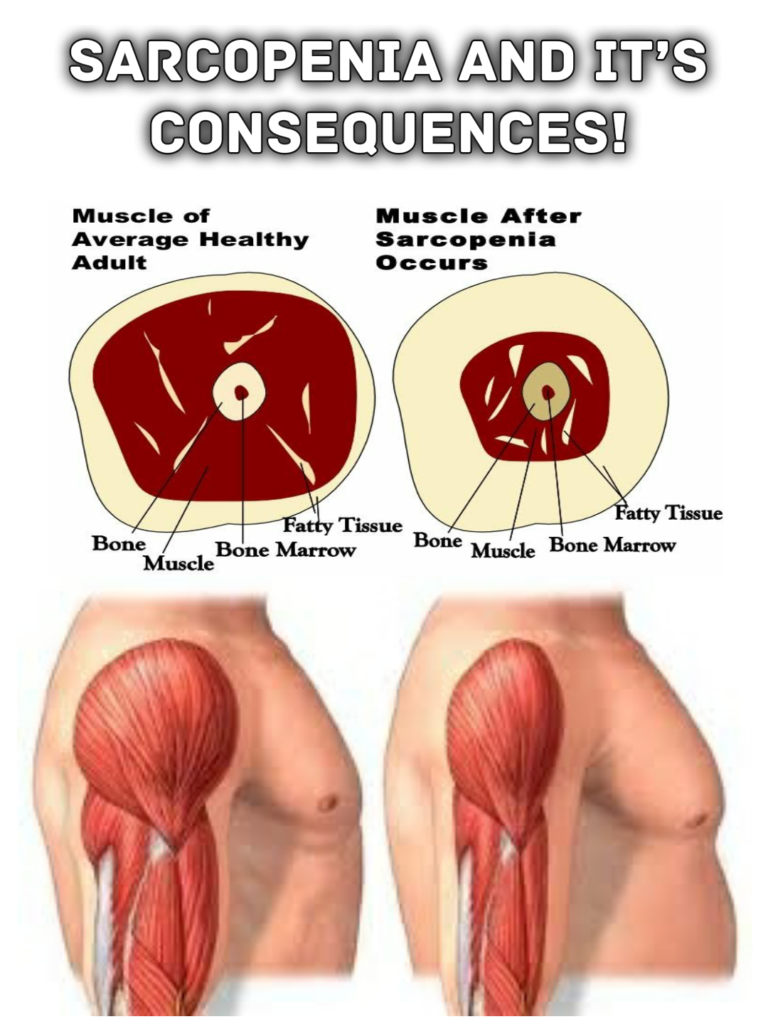Physiology
Sarcopenia (Muscle Loss With Aging)
There’s no test or specific level of muscle mass that will diagnose sarcopenia. Any loss of muscle matters because it lessens strength and mobility.
Sarcopenia typically happens faster around age 75. But it may also speed up as early as 65 or as late as 80. It’s a factor in frailty and the likelihood of falls and fractures in older adults.
Symptoms and Causes of Sarcopenia
Symptoms can include weakness and loss of stamina, which can interfere with physical activity. Reduced activity further shrinks muscle mass.
Although sarcopenia is seen mostly in people who are inactive, the fact that it also occurs in people who stay physically active suggests there are other factors in its development. Researchers believe these include:
- Reduction in nerve cells responsible for sending signals from the brain to the muscles to start movement
- Lower concentrations of some hormones, including growth hormone, testosterone, and insulin-like growth factor
- A decrease in the ability to turn protein into energy
- Not getting enough calories or protein each day to sustain muscle mass
Treatments for Sarcopenia
The primary treatment for sarcopenia is exercise, specifically resistance training or strength training. These activities increase muscle strength and endurance using weights or resistance bands.
Resistance training can help your neuromuscular system, hormones. It also can improve an older adult’s ability to convert protein to energy in as little as two weeks.
The proper number, intensity, and frequency of resistance exercise is important for getting the most benefit with the least risk of injury. You should work with an experienced physical therapist or trainer to develop an exercise plan.
Although medication is not the preferred treatment for sarcopenia, a few are being studied. They include:
- Urocortin II. This can prevent muscle atrophy that can happen when you’re in a cast or taking certain medicines. Its use for building muscle mass in humans has not been studied and isn’t recommended.
- Testosterone supplements
- Growth hormone supplements
- Medication for treatment of metabolic syndrome (including, insulin-resistance, obesity, and hypertension)
If these prove useful, you’ll use them with resistance exercise, not instead of it.

